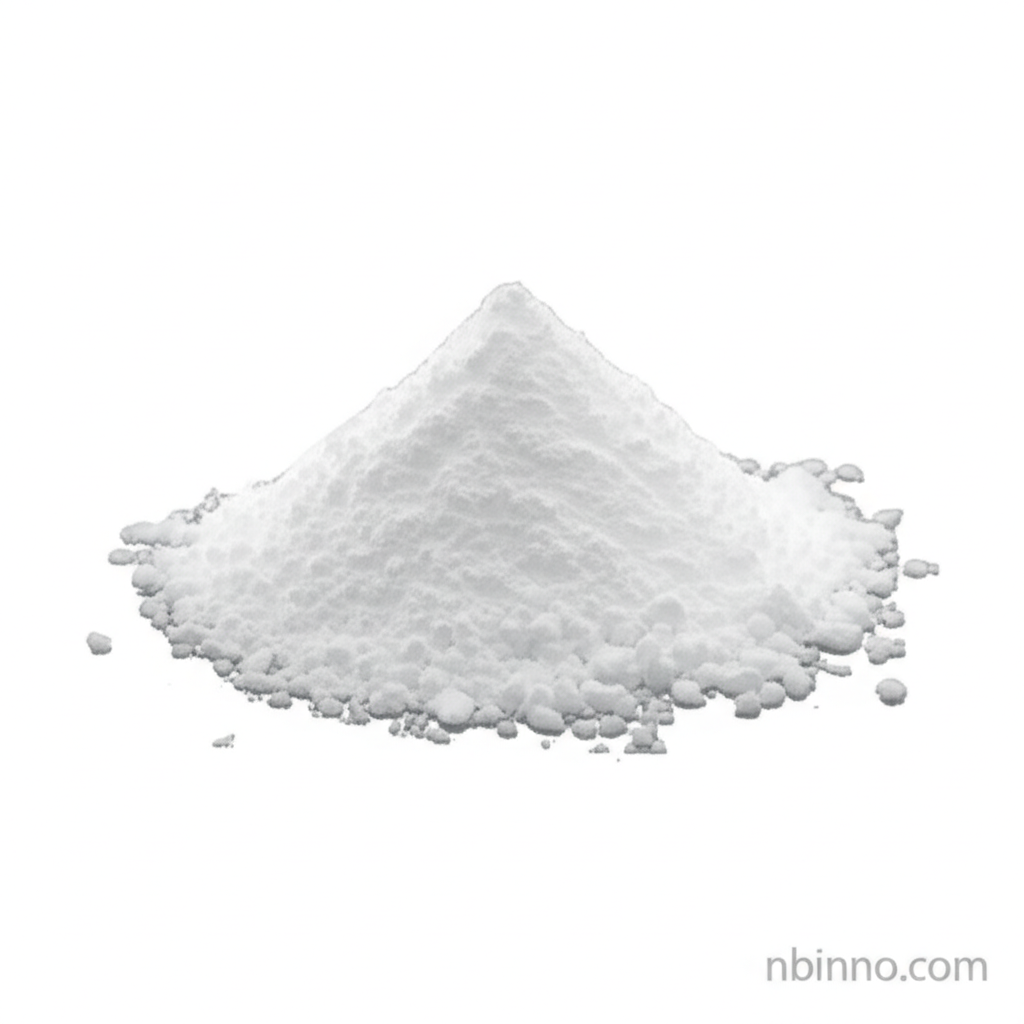Fasudil Hydrochloride: Unlocking Potential in Cardiovascular and Neurological Health
Discover the advanced applications and mechanisms of Fasudil Hydrochloride, a key ROCK inhibitor for modern therapeutics.
Get a Quote & SampleProduct Core Value

Fasudil Hydrochloride
Fasudil Hydrochloride is a leading pharmaceutical compound recognized as a selective Rho-kinase (ROCK) inhibitor. Its unique mechanism of action plays a critical role in regulating cellular processes such as smooth muscle contraction and cell migration, making it invaluable for treating a range of challenging medical conditions.
- Explore the therapeutic potential cardiovascular neurological disorders with Fasudil Hydrochloride, a compound demonstrating significant promise in clinical research and application.
- Understand the Fasudil mechanism involving Rho-kinase, and how it facilitates crucial physiological responses like vasodilation and neuroprotection.
- Learn about the groundbreaking applications of Fasudil Hydrochloride in treating conditions such as cerebral vasospasm, offering new hope for patient recovery.
- Investigate its expanding role in addressing pulmonary arterial hypertension and its potential in glaucoma treatment research.
Key Advantages
Enhanced Vasodilation
Fasudil Hydrochloride promotes vasodilation by inhibiting ROCK, improving blood flow and oxygenation, which is vital for conditions like cerebral vasospasm.
Potent Neuroprotection
The drug offers significant neuroprotective effects, mitigating neuronal death and inflammation in neurological disorders, potentially improving recovery after stroke.
Anti-Fibrotic Properties
Fasudil Hydrochloride shows promise in combating fibrotic diseases by reducing excessive extracellular matrix production, benefiting conditions like pulmonary arterial hypertension.
Key Applications
Cerebral Vasospasm Treatment
Effectively treats vasospasm following subarachnoid hemorrhage, as supported by research on Fasudil mechanism Rho-kinase.
Pulmonary Arterial Hypertension
Investigated for its vasodilatory effects on pulmonary arteries, offering a novel approach to managing this serious cardiovascular condition.
Neurodegenerative Diseases
Research is ongoing into its neuroprotective benefits for conditions like Alzheimer's and Parkinson's, exploring its role in neurodegenerative diseases research.
Glaucoma Management
Studies suggest potential in reducing intraocular pressure and improving ocular blood flow, contributing to vision preservation.
